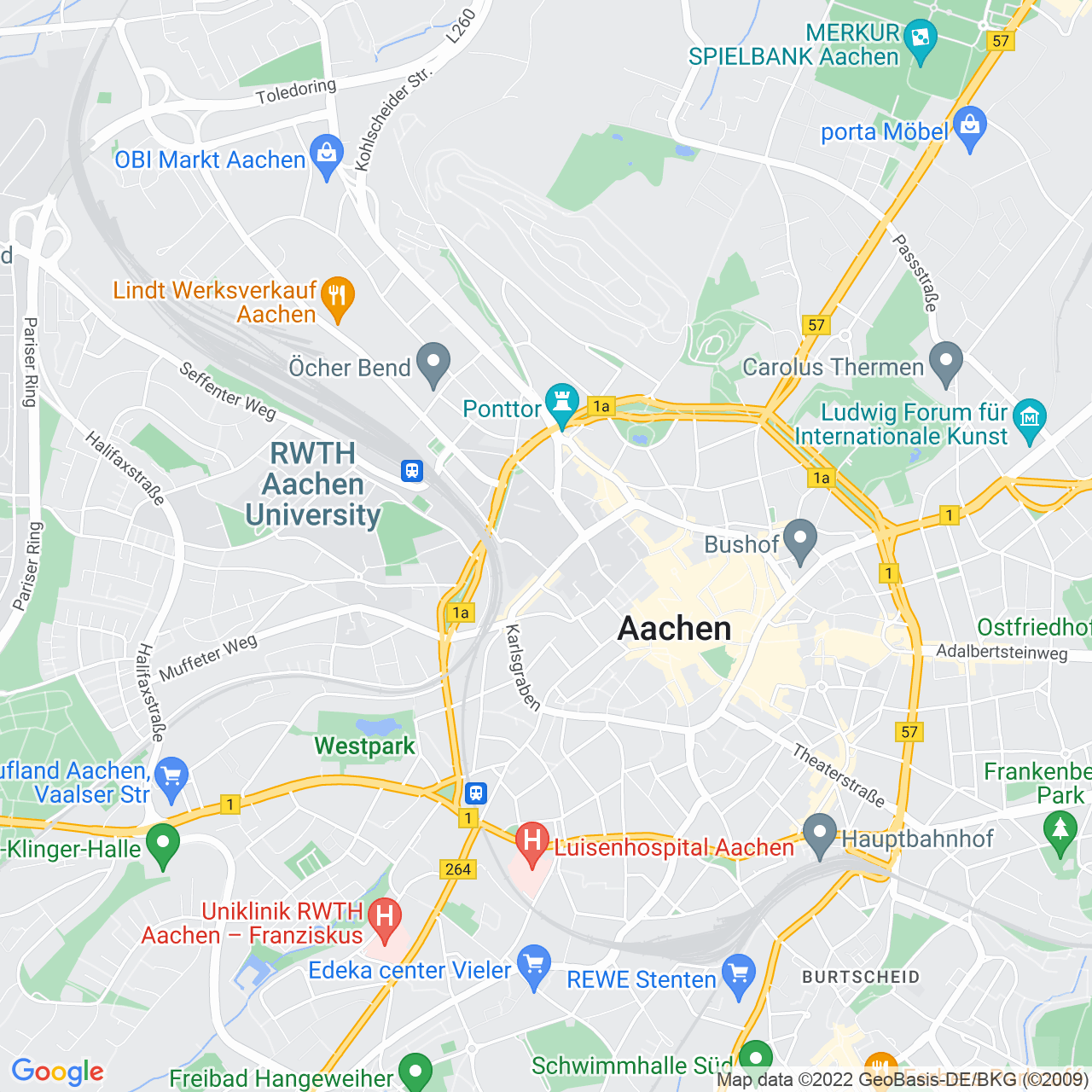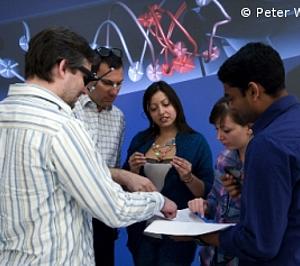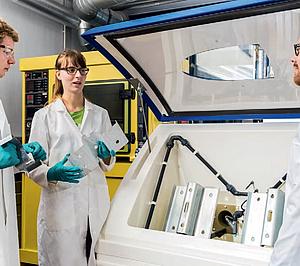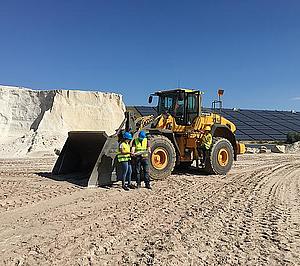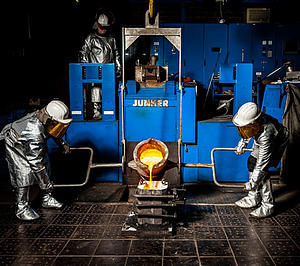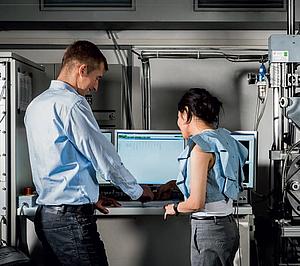Bachelor of Science, Stand 06/15 (ID 161543)
1. Semester
- Allgemeine und anorganische Chemie (12 CP)
- Einführung in die Biochemie und Genetik (7 CP)
- Grundlagen der Biologie und Biotechnologie (4 CP)
- Mathematik und Quantitative Biologie (10 CP)
2. Semester
- Organische Chemie (12 CP)
- Physik für Biologen und Biotechnologen (12 CP)
3. Semester
- Biotechnologie und Mikrobiologie (10 CP)
- Computational Biology (7 CP)
- Freie Lehrveranstaltungen (6 CP)
- Grundlagen der Molekularen Biotechnologie und Bioanalytik (10 CP)
- Grundlagen der Physikalischen Chemie (12 CP)
4. Semester
- Bioreaktortechnik und Reaktionstechnik (11 CP)
- Einführung in die Verfahrenstechnik und Seminar (7 CP)
- Softskills (6 CP)
5. Semester
- Immunologie und Praxis der Molekularen Biotechnologie (11 CP)
- Interdisziplinäres Blockpraktikum (12 CP)
6. Semester
- Bachelor-Arbeit (24 CP)


